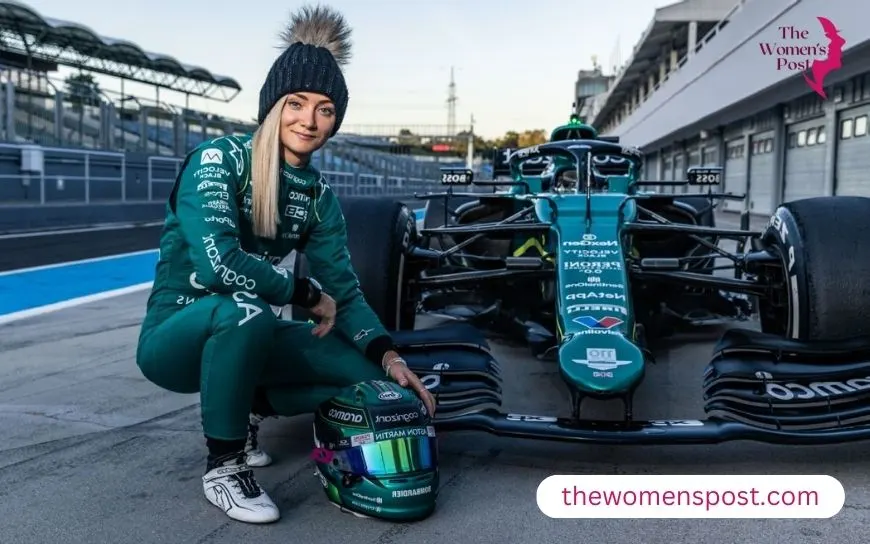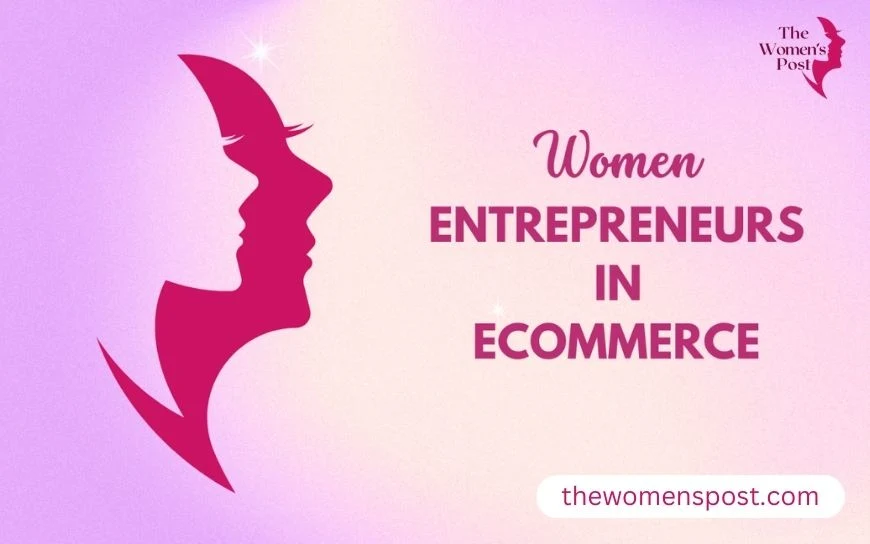In recent years, the entrepreneurial scene has changed dramatically, with women taking centre stage in starting and running firms. According to a 2023 research by the Global Entrepreneurship Monitor, the number of female entrepreneurs globally has increased by 10% in the last five years. A crucial aspect driving this rise is the smart use of social media platforms, which have become vital tools for female entrepreneurs. Social media is transforming the trajectory of women-owned enterprises by raising awareness, developing networks, and driving revenue.
Increasing Visibility
For any startup, exposure is critical to success. Women entrepreneurs frequently encounter barriers to using traditional marketing channels owing to restricted funds or institutional prejudices. Social media sites like Instagram, LinkedIn, and TikTok provide a low-cost and easy way for entrepreneurs to market their businesses. These platforms allow female entrepreneurs to promote their products or services to a worldwide audience without the need for large advertising expenses.
For example, Instagram’s visual-first strategy has benefited women in fashion, beauty, and leisure. Entrepreneurs may post enticing product images, behind-the-scenes looks into their operations, and client testimonials. This method not only humanises the brand, but also builds customer trust. In contrast, LinkedIn is a powerful platform for B2B companies, enabling female entrepreneurs to network, share insights, and develop thought leadership in their industry.
Building Communities
Social media is more than just a marketing tool; it can also be used to develop communities. Women entrepreneurs frequently use networks such as Facebook Groups, Twitter, and Reddit to communicate with like-minded people and possible clients. These networks offer a secure environment for entrepreneurs to discuss their experiences, seek advice, and encourage one another.
For example, Facebook Groups for female entrepreneurs are vibrant hives of contact. Members trade resources, celebrate successes, and work together on initiatives. Such groups promote camaraderie and encourage women to face issues together. Furthermore, sites such as Twitter and Reddit enable businesses to join in industry-specific debates, which increases their exposure and credibility.
Driving Sales and Customer Engagement
Social media is more than simply exposure and networking; it is also an effective sales platform. Instagram Shopping, Facebook Marketplace, and Pinterest’s Buyable Pins all support direct-to-consumer sales, making it easier for female entrepreneurs to contact and convert their target audience.
Furthermore, social media networks provide unique chances for client connection. Polls, live streaming, and Q&A sessions allow entrepreneurs to communicate directly with their target audience. This real-time involvement enables organisations to better understand client demands, get feedback, and create long-term partnerships. For example, a female entrepreneur running a skincare firm may use Instagram Stories to poll customers on their preferred product smells, including them in the decision-making process and increasing brand loyalty.
Leveraging Data and Analytics
One of the most important benefits of social media is access to data and analytics. Platforms such as Facebook Insights, Instagram Analytics, and LinkedIn Analytics offer granular information on user behaviour, engagement rates, and audience demographics. Women entrepreneurs may utilise this data to fine-tune their tactics, find what connects with their target audience, and optimise their marketing efforts.
For example, a woman-owned fitness firm may find through Instagram Analytics that the majority of its audience engages with material offering training recommendations rather than commercial postings. Armed with this knowledge, the entrepreneur may shift to a content strategy centred on giving value through instructive pieces, enhancing audience engagement and retention.
Overcoming Barriers
While social media has many advantages, women entrepreneurs confront problems such as online abuse, gender prejudices, and the obligation to maintain a regular online presence. However, many people are devising new solutions to circumvent these challenges. Platforms like as LinkedIn have included capabilities for reporting abuse, while organisations and non-governmental organisations (NGOs) provide training programs to help women entrepreneurs navigate the digital realm securely.
Furthermore, collaborations and partnerships play an important role in overcoming problems. Influencer marketing, for example, enables female businesses to broaden their reach by engaging with renowned figures in their field. Such collaborations not only increase visibility, but also provide legitimacy to their companies.
Social media is a game changer for female-led enterprises, providing a platform for increasing awareness, building communities, driving sales, and engaging with customers. Despite the hurdles, women entrepreneurs are using social media to break down boundaries and achieve incredible success. As technology advances, social media will play an increasingly important role in influencing the future of women’s business. Women entrepreneurs that properly leverage these platforms may not only develop their enterprises, but also encourage the next generation of leaders to follow in their footsteps.
Also read: Remote Work Revolution: A New Era for Women in the Workplace










